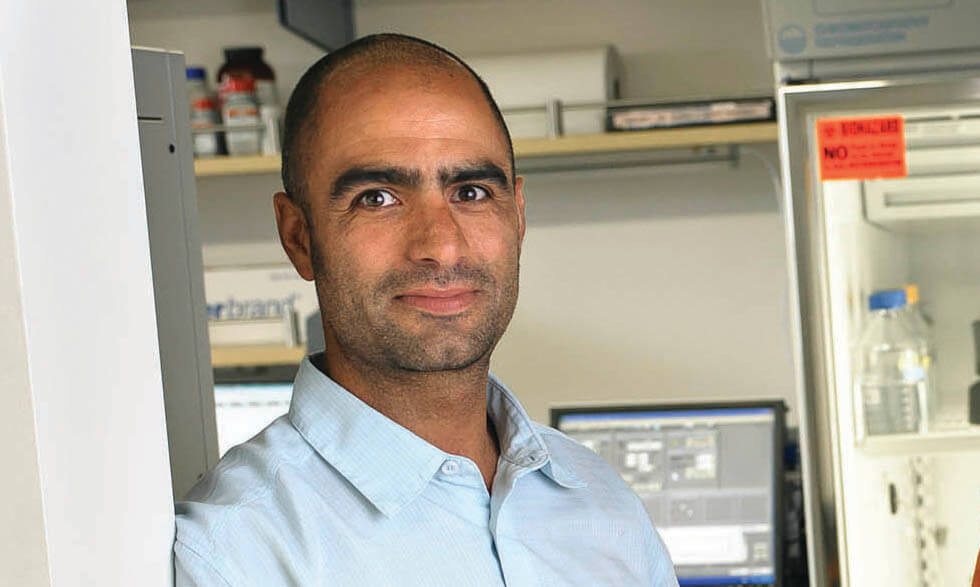Blake Wiedenheft is a researcher at Montana State University who launched his virology lab (which studies viruses) with help from a grant from the National Institute of General Medical Sciences. He spoke to us about a workshop that helps high schoolers explore their passion for health and science.
What is the focus of your research?
Viruses that infect bacteria (i.e., bacteriophages) are the most abundant biological entities on earth. In my lab, we rely on a combination of techniques from bioinformatics, genetics, biochemistry, and structural biology to understand the mechanisms that bacteria use to defend themselves from viral infection.
What is the Montana Wild Virus Hunt?
The aim of this project is to engage high school students and their instructors in a three-day basic virology workshop at Montana State University. Like me, many of these students come from rural parts of the state. For some, this is their first opportunity to visit a college campus. We tour the local wastewater treatment facility with expert speakers. We then collect wastewater samples, bring them to the lab and perform plaque assays, isolate viral clones, purify bacteriophages, and visualize the bacteriophages using transmission electron microscopy.
What advice do you have for young scientists?
Above everything, I recommend finding a topic that captivates your curiosity. Then, incorporate ideas and techniques from other disciplines, identify and communicate with scientists that you respect (i.e., mentors), striking a productive balance between healthy skepticism and blind optimism (i.e., know when to walk away). Pursue your research with vigor and never stop asking questions.





